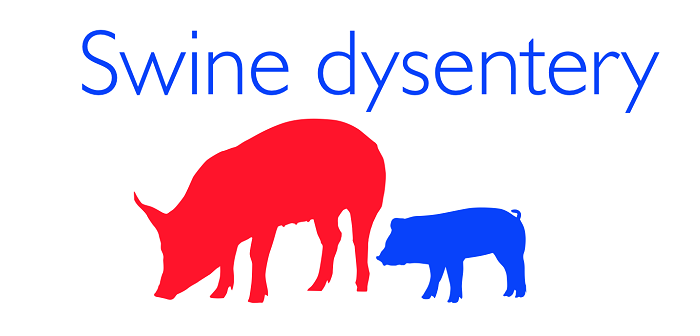Swine dysentery has been confirmed on a pig farm in Suffolk, prompting messages for.
The case, which is suspected to have been present for 10 days, was identified by clinical signs and subsequently confirmed by laboratory test. The exact origin of the outbreak is currently under investigation.
Strict biosecurity and biocontainment measures are currently in place and a treatment and control plan is being formulated.
AHDB said it was important that a heightened level of biosecurity and monitoring for clinical signs are observed over the next few weeks, especially within the Suffolk region.
Information on swine dysentery can be found on the AHDB website HERE
Fresh cases of the damaging pig disease have continued to emerge on farms this year, although, thankfully, the numbers are down on last year, when there was a clear spike. APHA’s Q2 surveillance showed there were cases in North Yorkshire, Devon and Kent in the first six months of 2020.
NPA chairman Richard Lister urged producers to give extra consideration to biosecurity in light of the continued cases of swine dysentery and Germany’s African swine fever (ASF) outbreak.
“Swine Dysentery was a big challenge for our sector last year and whilst we have significantly less cases, there are a number of fresh cases,” he said.
“SD is a highly transmissible disease and therefore it is really important to be signed up to the Significant Diseases Charter run by AHDB. It aims to control disease quickly and effectively and currently covers the sharing of information for both swine dysentery and PEDv outbreaks.”
Find out more HERE
He urged all producers to renew their efforts to prevent the spread of disease – by, for example, ensuring protocols are properly followed on farms and that all transport is thoroughly cleaned between pig movements, in line with the #muckfreetruck campaign.




